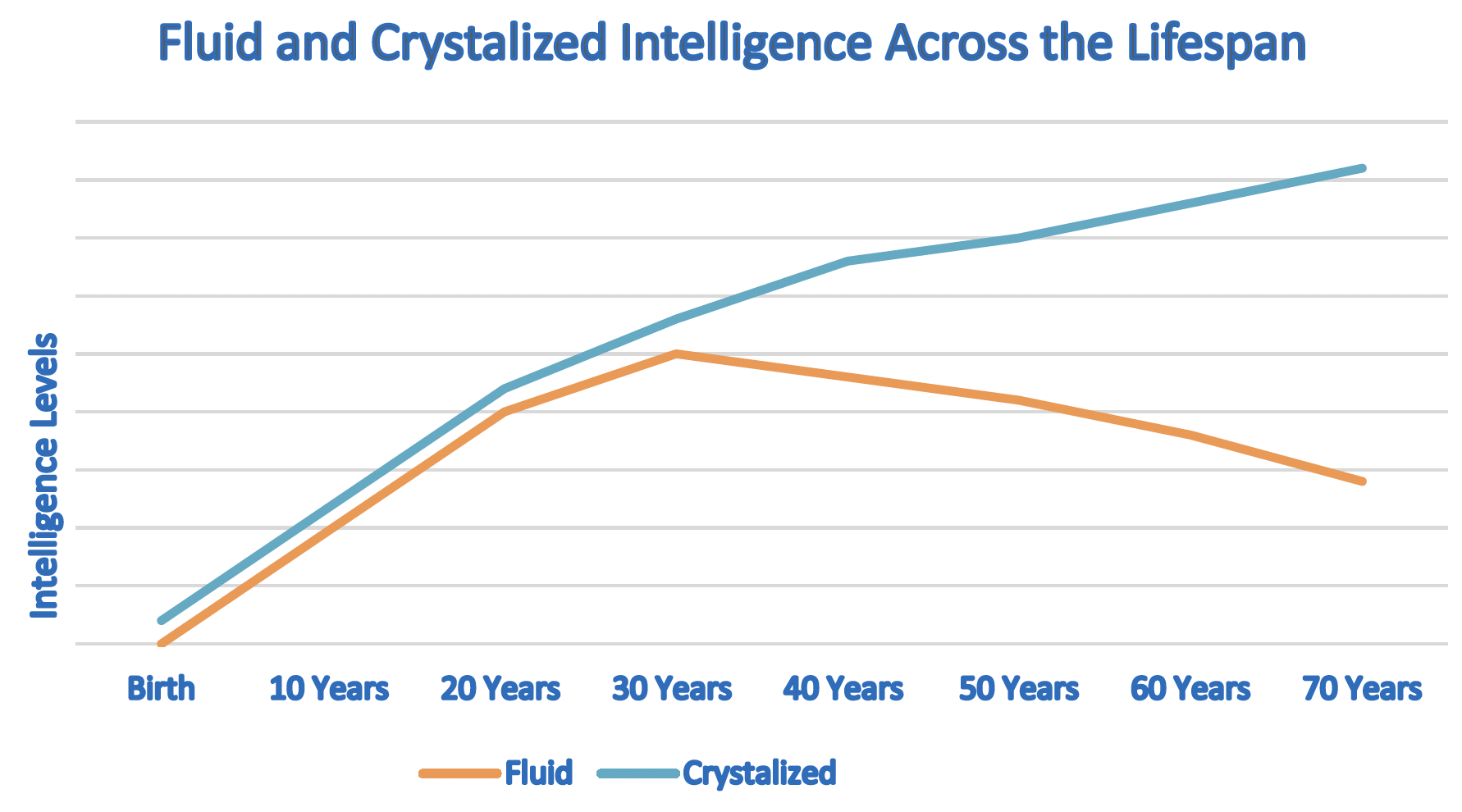The Existential Trap
The midlife crisis is a modern-day illusion.
In 1965, a Canadian psychoanalyst introduced this idea: a phase when we grapple with our limits, narrowing options, and inevitable departure. He dubbed it the mid-life crisis, and the name stuck.
Before this, our major life transitions were seen as adolescence and retirement—each with its own set of rituals and support systems. But as life expectancy soared and work evolved, the middle phase of life got a bum rap.
Somewhere between your mid-thirties and mid-sixties, you’ll likely encounter an existential opening. It's a time to realign with purpose, unearth deeper meaning, and make a broader impact.
A ‘mid-life’ crisis is not age-specific (mine arrived at a sprightly 33) and can happen at different times for different folks. It can also be a repeat offender. Here are timeless principles to guide you through this transformative phase—or any transformation, for that matter.
Release and Renew
A midlife meltdown can manifest in various ways. Søren Kierkegaard, the grand poobah of existentialism, urges us to shed our cozy illusions: faith in family, trust in work, and attachment to love. Confronted with an array of choices, mid-life angst emerges.
Like many beginnings, the first phase of the transition begins with an ending. In this initial phase, we reckon with loss and mourning. This midlife unraveling may include a compulsion to stay young, creative stagnation, or a lingering low-grade malaise. It’s a sneaky sequence of painful nudges that slowly make us feel we’re losing control. These ‘symptoms’ fuel the mid-life crisis brand we know and loathe today.
But there's an upside: reprioritizing, spiritual awakenings, caring less about what others think, and finally, permission to write a new story. Jungian analyst James Hollis likens it to old maps that no longer serve us in this new terrain. We're caught, "Between who we are and what is wanting to enter the world through us," as Hollis puts it.
So before renewal can begin, we must release. We must dismantle the existing scaffolding, stories, and identities that once defined us. We have to bid farewell to old patterns and mindsets. With more spaciousness, we can embrace the uncertainty of reinvention. We move towards greater depth, authenticity, and vitality.
Experiment and Enlarge
Transitions may come from personal, professional, or geographical shifts. Changing your location can trigger the psychological transformation required to embrace a new sense of self. Or it could be an elaborate, expensive detour.
Freedom beckons in spaces where there is more room to create. Whether it's a minor tweak (like a new haircut) or a major overhaul (returning to school for a new career), experiments can help pave the way forward. Try things on, prototype yourself. Get yourself into a different head and heart space. From here the invitation is to listen, discern, and choose how to respond to the opening.
What’s at stake in this neutral zone is honoring who you are and willing to become. It’s a space to choose ‘musts over shoulds’ and ‘enlargement over happiness’. You have to quash the resistance to stay in the known and take calculated risks to step into the in-between and fully express yourself.
Age is merely a costume and you get to try on several outfits. You can retire those that have gone out of fashion and swap in looks that better suit the renewed you. When we see longevity not as being older for longer but as an extended middle passage—we adopt a spirited energy. As others witness this zest for life, they’ll forget your age.
Imagine and Ignite
News alert: we're all going to age. OK, there may be a slight exception for this man who’s determined to cheat death. Life-extension fanatics aside, the question remains how do we navigate your inevitable decline? And of course, this includes your mind.
Fluid intelligence is your ability to learn, reason, and think flexibly. It’s short-term thinking and you could liken it to memorizing facts for a round of Jeopardy with friends. Crystalized intelligence is your lifetime knowledge. It’s long-term thinking like your mastery of the English language. As we age our fluid intelligence wanes and crystalized intelligence improves.
If we accept this natural evolution of brain function, we can surf the wave from fluid to crystal. Instead of cingling to how our minds once functioned, we can lean into our inner wisdom. We can shift into roles and industries that value our lifetime of learning and experience.
And if you have a weakness for graphs like me, there’s also the infamous U curve of well-being:
This phenomenon of happiness dropping and rising back up has been found in over 70 countries and even in great apes. Thus, we can anticipate that it might get worse before it gets better. The bottoming out is a time to continue chipping away at the rock to reveal the truth of who we are.
Which of the myriad possibilities before me will I now choose? One approach is to design a blueprint for a midlife atrium — an intentional space in the middle of one’s life’s midpoint, ripe for invention and regeneration.
The forest has burned, and the new seedlings have sprouted. You're transformed—but into what from what? From a person with lots of hair to little? From greedy to grateful? Or from quietly suffering to sharing yourself in splendor?
With your outdated self laid to rest, and ample space to sit in the liminal—you can welcome the new with open arms. This new beginning is a release of energy in a different direction and an expression of your fresh identity. It marks your personal renewal.6
In this new beginning of the middle passage, you are the writer, producer, director, and actor in your own story. How will you live differently? Where will you direct your energy? Who else will you cast in your movie? While the midlife journey is often portrayed as a solitary affair, it needn't be. At its core lies a profound awareness of life's uncertainties which we all face and the freedom and responsibility to choose your unique path.
Curious if I've been pondering all this because 50 is just around the corner? You betcha.
__________




